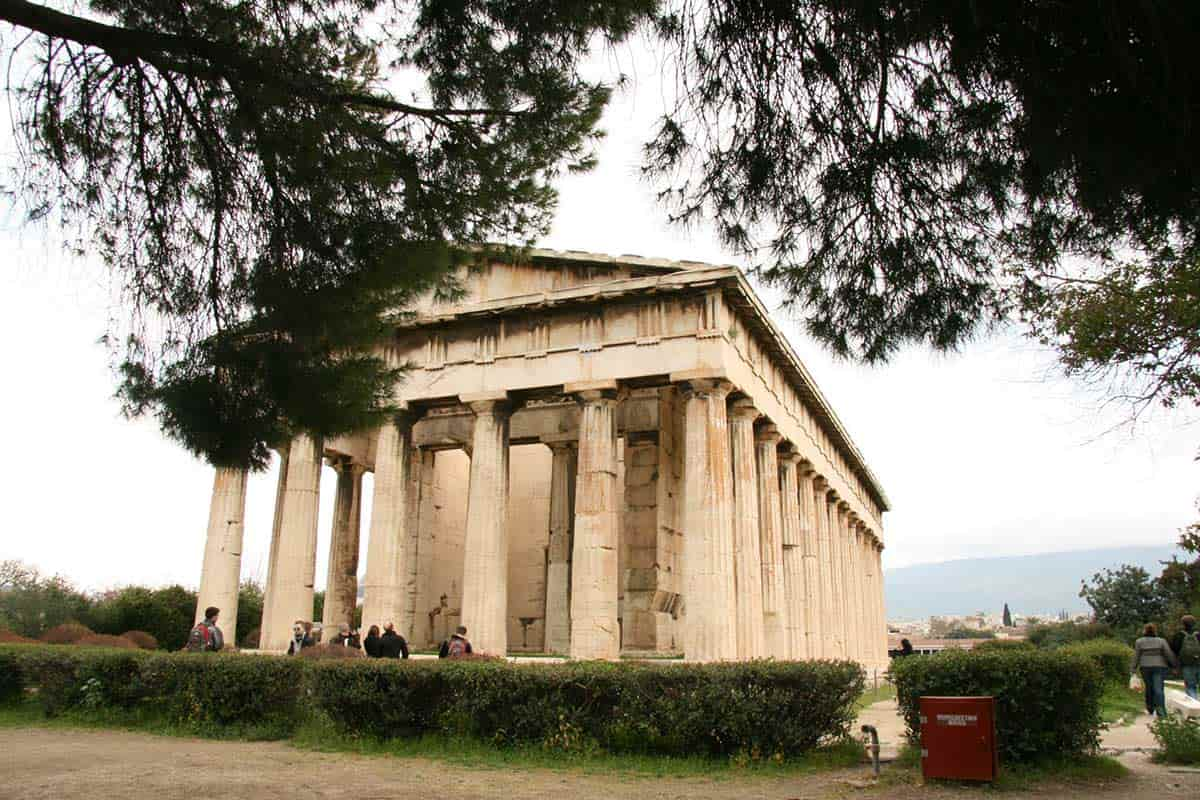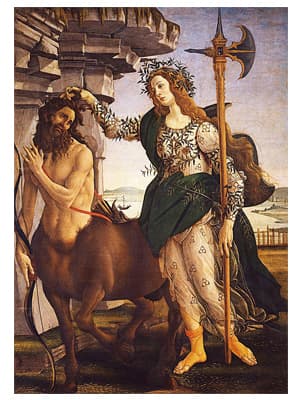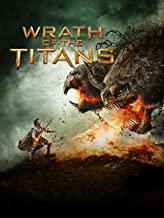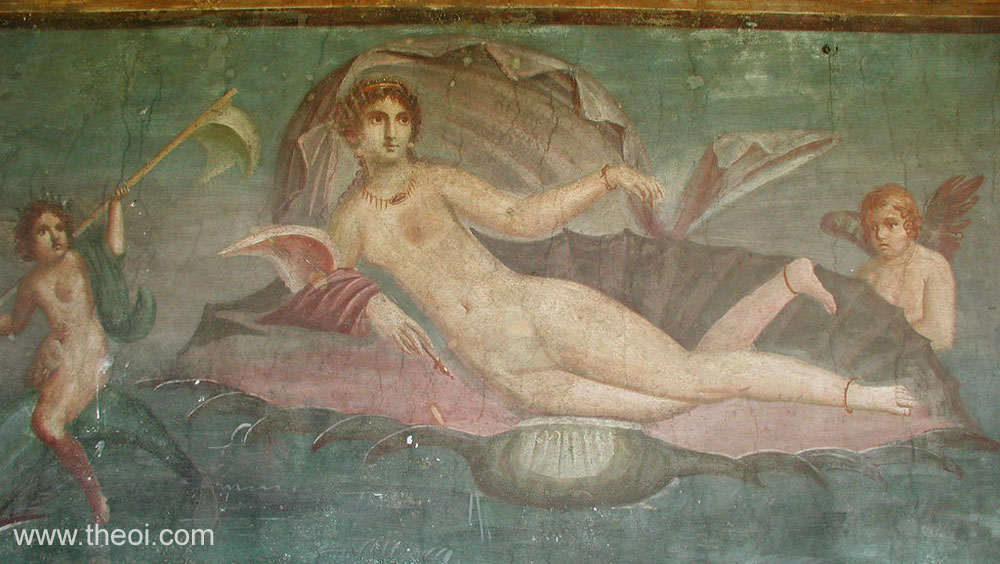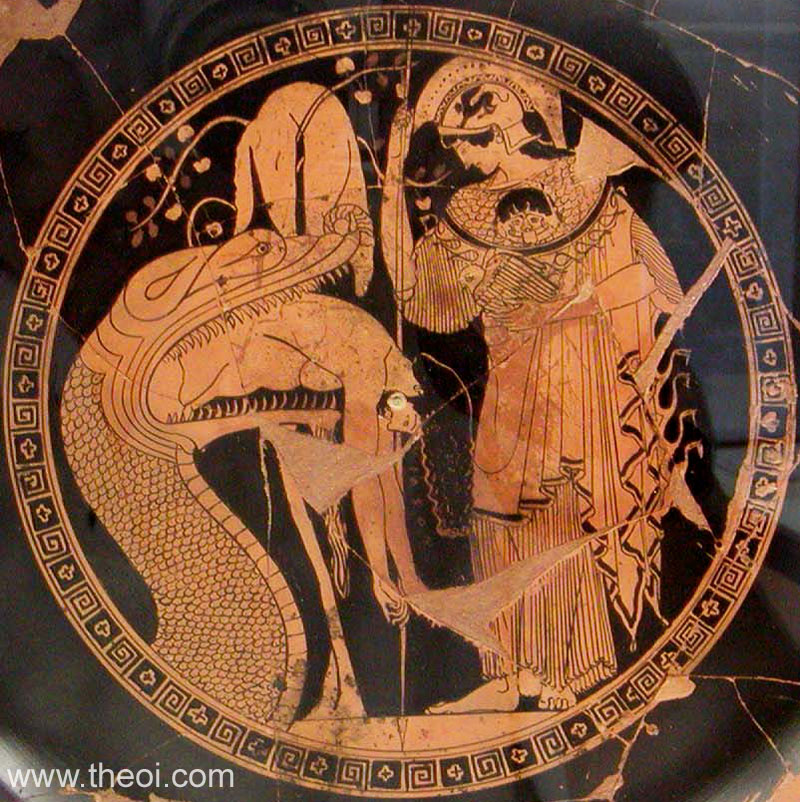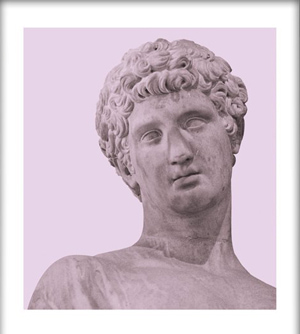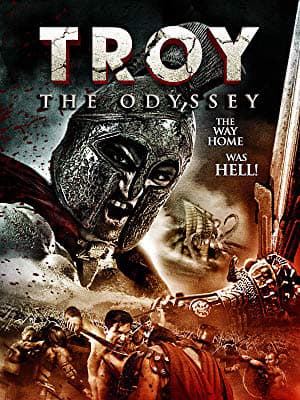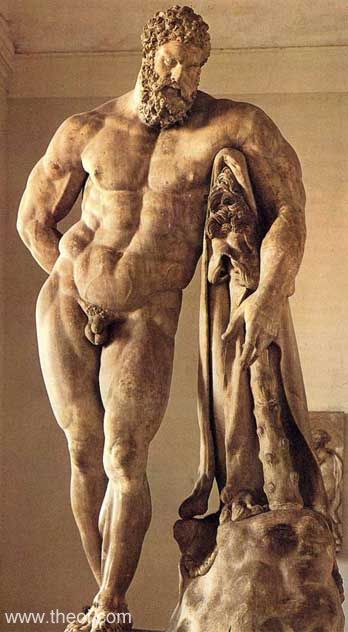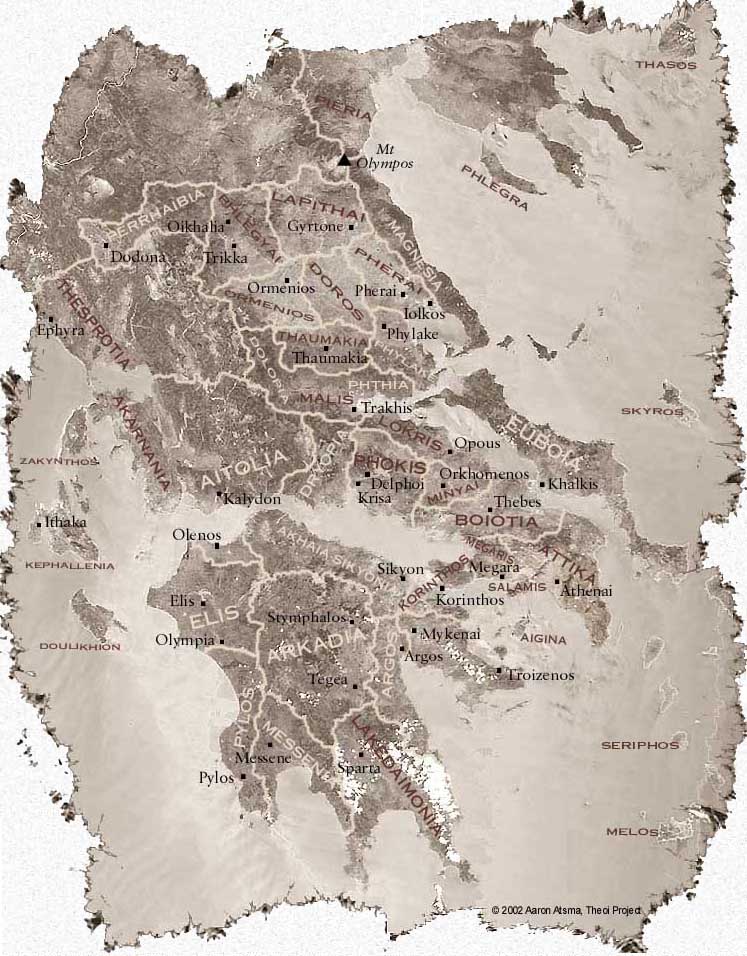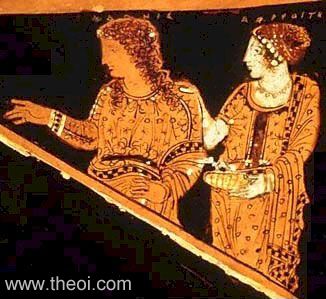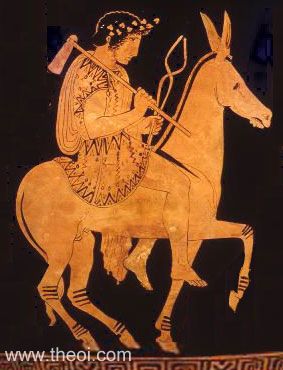When you think of characters in Greek mythology, you may think of well-known gods and goddesses like Zeus, Poseidon, and Athena. While these characters are undoubtedly important, there are other characters who have an important place in Greek mythology. Without them, Greek mythology would not be what it is today.
These are the three most important characters in Greek mythology (in no particular order).
1. Odysseus
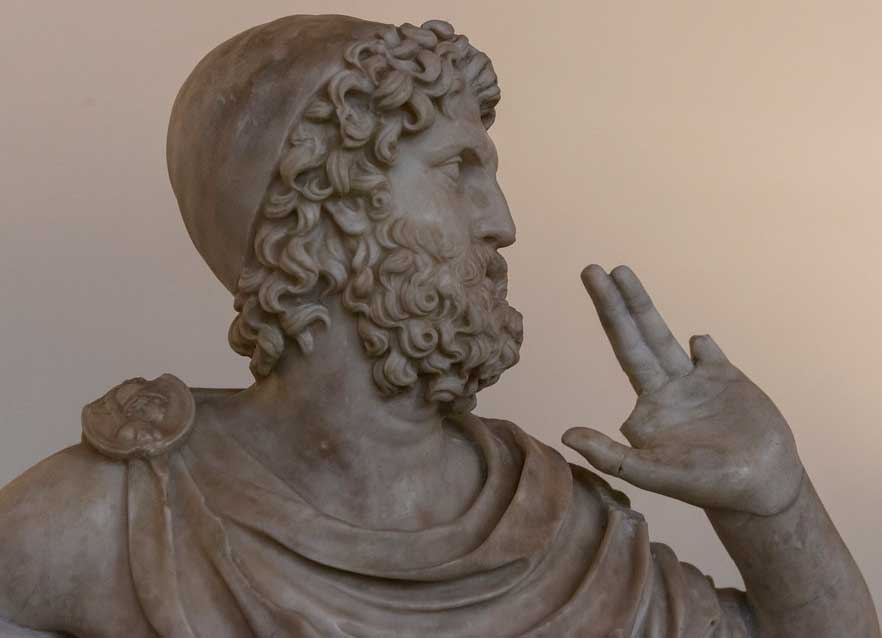
The first important character in Greek mythology is Odysseus. Odysseus is the protagonist in Homer’s The Odyssey. Without Odysseus, The Odyssey would not have been written, and Greek mythology without The Odyssey just isn’t Greek mythology.
Odysseus teaches us many lessons in his journey throughout The Odyssey. Odysseus comes in contact with many challenges, including a cyclops, sirens, and an angry Poseidon.
Odysseus also teaches us that you don’t have to be the biggest or strongest if you want to win a battle. In his defeat over Polyphemus, the cyclops, Odysseus outsmarts him instead of overpowering him.
In Homer’s The Iliad, we learn that Odysseus helps lead the Greek soldiers into the city of Troy by hiding out in the Trojan horse. Odysseus often uses a great strategy to outsmart his opponents in both battles and during his journey home.
2. Hercules
Another important character in Greek mythology is Hercules. Hercules displays great strength as early as his infancy. Hercules’s story is a tragic one. Hercules was born a demigod to Greek god Zeus and a mortal woman Alcmene. Zeus was married to Hera at the time, making his relationship with Alcmene extramarital.
Hera was vengeful of Zeus’s unfaithfulness, and she did not like being reminded of his unfaithfulness by seeing Hercules. Hera attempted to have Hercules killed by snakes while he slept in his cradle as an infant.
Unknown to Hera, Hercules possessed superhuman strength and strangled the snakes immediately as they entered his cradle. As her plan was foiled when he was a baby, Hera would have to try to destroy Hercules as an adult.
When Hercules grew into an adult, he married Megara and had children. Once again, Hera attempted to destroy Hercules, so she sent madness upon him. This madness caused Hercules to kill both his wife and his children.
After realizing what he had done, Hercules visited Apollo, the Greek god of healing. Apollo told Hercules that he would need to visit King Eurystheus and become enslaved to him in order to repent for what he had done wrong.
Hercules did what Apollo said and visited King Eurytheus. After Hercules told King Eurytheus why he was there, Hera came unto the king and told him he should make Hercules complete 12 labors to prove his worth.
Therefore, Hercules was assigned his famous 12 labors. Throughout the labors, Hera would make them even more difficult for Hercules, hoping that he would fail and be destroyed.
To Hera’s dismay, Hercules would successfully complete all 12 labors.
3. Zeus
The last important character in Greek mythology is Zeus. This is because Zeus is the father of many Greek gods and demigods. He was frequently unfaithful, which made him the father of many children.
Some of Zeus’s children include Athena, Ares, Apollo, Artemis, Dionysus, Hermes, Aphrodite, Hercules, Perseus, Pollux, Helen of Troy, Enyo, Hebe, Hephaestus, Persephone, and Eris.
Without Zeus, these Greek gods and demigods would not exist. Each child of Zeus has a story to tell and plays a key role in the stories of Greek mythology.
